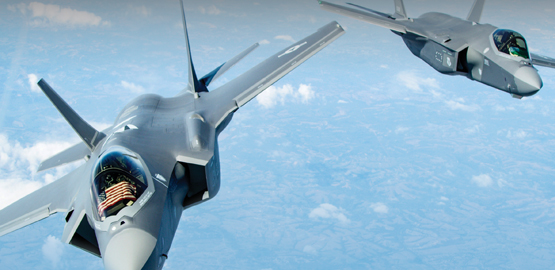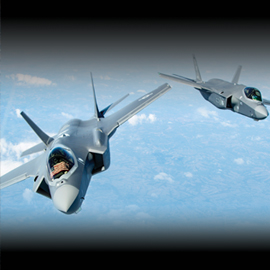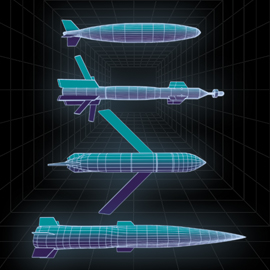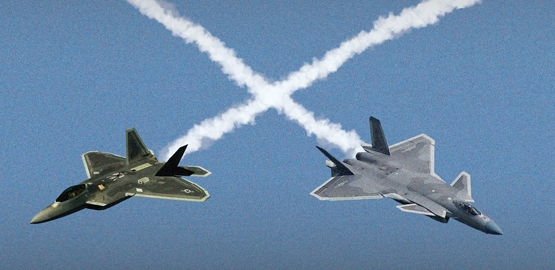News
Peeling the Onion Back on the Pentagon’s Special Operations Budget
The U.S. special operations budget has been seen as one of the most stable parts of the Defense Department’s $560 billion budget in recent years.
Members Poised to Shred Experts’ Report on Military Pay, Benefits
Starting this week, a long-simmering fight over pay and benefits for U.S. military personnel will boil over. And it could stay hot for years.
Will Congress Act on Military Pay and Benefits?
Lawmakers are vowing to approach a long-awaited commission report on military pay and benefits with open minds, but skepticism is already growing that Congress will do much — if anything — to act on the commission’s recommended reforms.
Will Russia’s Sub-Building Boom Matter?
The Russian Navy's submarine force is on a roll. Four different kinds of submarines are under construction and more are coming. The country expects to lay down five new nuclear submarines in 2015.
Should U.S. Allies in Asia Get Their Own Nukes?
The prospects for the U.S. being able to project is power and defend its allies in Asia are not good. The U.S. security guarantee – known as “extended deterrence” – was never really tested in Asia the way it was on a daily basis in Europe during the Cold War. Understandable, since Asia was not the global center of strategic gravity. But it is now. Military modernization and expansion by all the players is causing greater friction between the tectonic plates of Japan, China, South Korea, and the United States, testing the limits of U.S. extended deterrence, which currently minimizes the role of nuclear weapons. However, the very foundations of this concept were designed to deal with a land, European theater, not the Asian maritime environment.
Undersea Technologies Are Threat, Opportunity
A new generation of technologies is emerging with the potential to change the nature of undersea warfare, warns one naval analyst, and the US Navy needs to not just develop and employ the new tools, but also needs to change its operational concepts.























